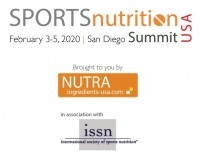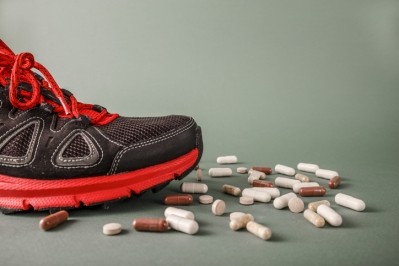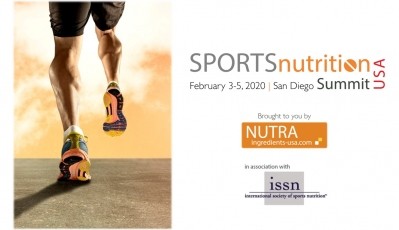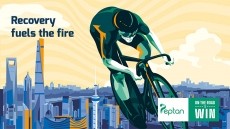Latest doping violation puts spotlight on contaminated supplements in sports
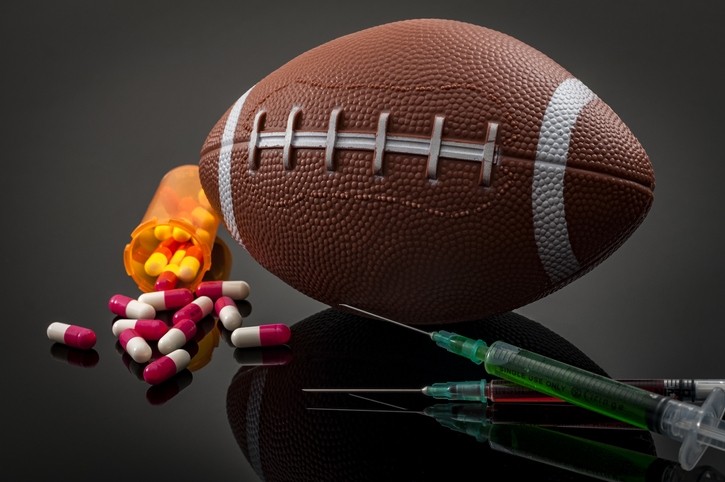
The 28-year-old, who plays linebacker for the New York Jets, served a four-game suspension and was reinstated yesterday. Copeland did not name the company or the supplement. He said a nutritionist recommended it to help his body recover.
Who is at fault?
According to the Associated Press, Copeland claims he sent the supplement in question to other nutritionists and they verified the ingredients were not among those banned by the league. The linebacker said he also did his own homework by checking the ingredients on the NFL’s app.
Since Copeland did not name the company he is blaming for his performance-enhancing drugs (PED) violation, it’s unclear if the supplement received third-party certifications such as NSF Certified for Sport, BSCG or Informed Choice. Once he was handed the notice that he failed the test, Copeland sent all the supplements he was taking to a third-party lab for testing, which he said confirmed that one of the supplements had the banned substance in it.
Copeland, who teaches a financial literacy class at the University of Pennsylvania, has a salary listed at $1.2 million for this season. So the suspension could have cost him as much as $300,000 in lost wages.
Paying the price
“A lot of people ask, 'Why don't you just test your stuff?' Well, you pay $30, $40 for a supplement and then you've got to pay $745 for a laboratory to test and it takes them multiple weeks to do it," said Copeland, according to the AP.
Oliver Catlin, President of the Anti-Doping Sciences Institute & Banned Substances Control Group, told NutraIngredients-USA it’s on athletes to do their due diligence: “The most important thing athletes can do to protect themselves is to use third-party certified products and to make sure that the actual lot they are using has been tested by searching program databases for the lot number. Even if there is a certification seal on a product it does not necessarily mean the lot in hand has been tested. Testing may only be done monthly or on a subset of finished product lots and not all programs are transparent about batch testing frequency. Occasionally, brands may not be in compliance with ongoing testing requirements that are part of certification programs.”
The risk of these problems is twofold: it lies with the level of education of athletes about certified supplements as well as the supplement industry, who must hold themselves accountable by guaranteeing their ingredients and accurate labeling.
“Third-party certification programs protect both athletes and brands from possible drug contamination in nutritional supplements," said Catlin.
Industry opportunities
Brian Jordan, Technical Manager for NSF International’s Certified for Sport program, told NutraIngredients-USA that it’s possible that athletes just don’t understand the risk of consuming a contaminated product.
“Educating those who work with the athletes is an important part of the equation and so is providing athletes with safer options. When athletes are left to seek out options on their own, there will be varying degrees of success or failure based on a multitude of factors. All that can be simplified by providing them with safer product options and educating them about the risks that drug-tested athletes face. This educational approach is being used by some sport leagues and associations."
Jordan added, “Most supplement manufacturers are committed to ensuring quality and safety, but there are a few irresponsible and unscrupulous companies out there and their actions are putting consumers at risk.”
Copeland said he was uncertain whether the supplements he took came from a bad batch or if the supplement in question actually contained the banned ingredient, according to the AP.
Catlin said the source of adulteration can result from a few different scenarios: “Sometimes the contamination is from purposeful spiking, while other times it may be due to inadvertent contamination in the supply chain or manufacturing environment unbeknownst to the brand. The majority of products on the market are not contaminated, but only testing can determine whether a product is clean or not.”
“Educating athletes on dietary supplement concerns should include a focus on third-party certification and the protection it offers from potential contaminated products. Many sporting groups are doing a better job outlining the risks of supplement contamination and the solution that third-party certification offers but it is often treated as a side issue not an issue of primary importance. The issue needs to continue to be elevated so there is more awareness and fewer athletes impacted by contaminated products.”
The problem goes beyond sports nutrition
Controversy over adulterated supplements stretches beyond sports. Under DSHEA, the products are regulated as food and therefore not subject to pre-market safety and effectiveness testing imposed on pharmaceuticals. The supplement market, which is expected to reach $210.3 billion by 2026, includes multivitamins, minerals, botanicals and other products.
A 2018 report published in JAMA Network Open reported that between 2007 and 2016, the FDA found that 776 dietary supplements from 146 companies contained prescription drugs.
The researchers, from the California Department of Public Health, found that supplements most likely to be adulterated with unapproved pharmaceutical ingredients were marketed to help with erectile dysfunction, weight loss, or muscle building.
The FDA database of contaminated supplements most commonly turned up sildenafil (the drug sold as Viagra) and other erectile dysfunction drugs in sex enhancement products; sibutramine and the laxative phenolphthalein, both banned by the FDA, in weight-loss supplements; and steroids or their analogues in muscle-building products. Despite these contaminants, less than half were recalled.
Catlin said that many athletes rely on supplements as important parts of their nutrition regiment, but, “Unfortunately that exposes athletes to the real concern of drug contamination. The FDA conducts their own testing and regularly finds drug contaminants in supplements. They remind consumers that their list of tainted supplement represents only a fraction of the contaminated products that may be on the market.”
“As the dietary supplement industry continues to grow in the United States, it is essential to further address this significant public health issue,” the researchers concluded in the JAMA paper.
Sports nutrition under the microscope
Influencers, the microbiome, protein, formulation challenges and opportunities, and female athletic consumers are just some of the topics that will take center stage at the NutraIngredients-USA Sports Nutrition Summit in San Diego, Feb 3-5, 2020.
For more information and to register, please click HERE.
